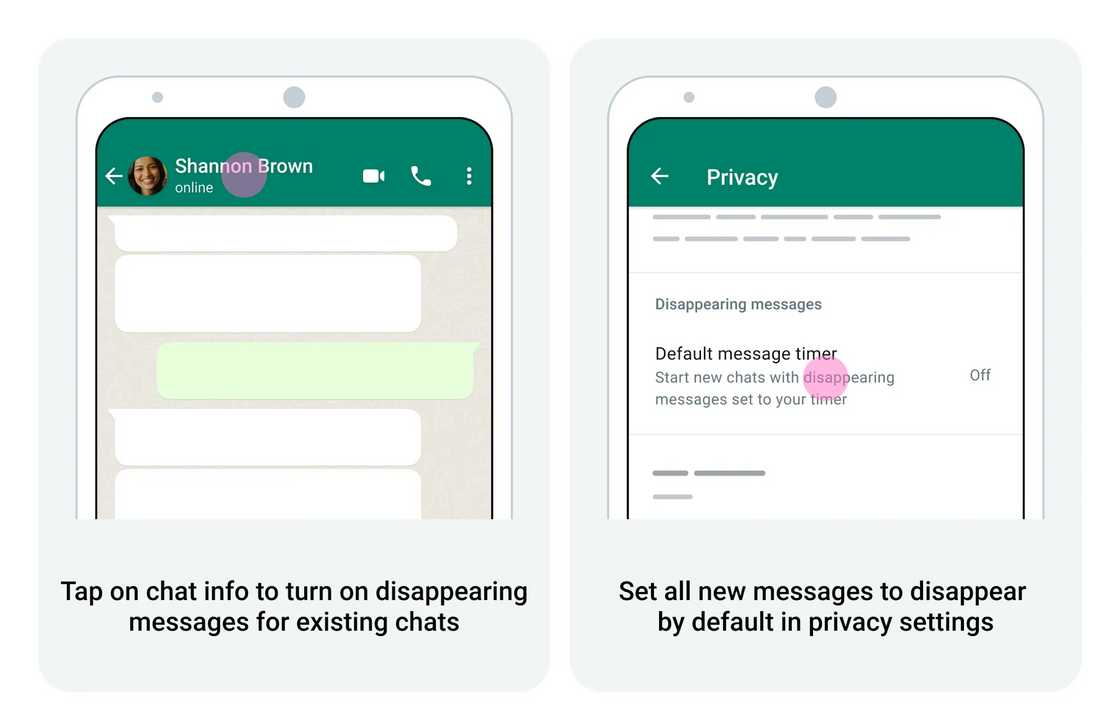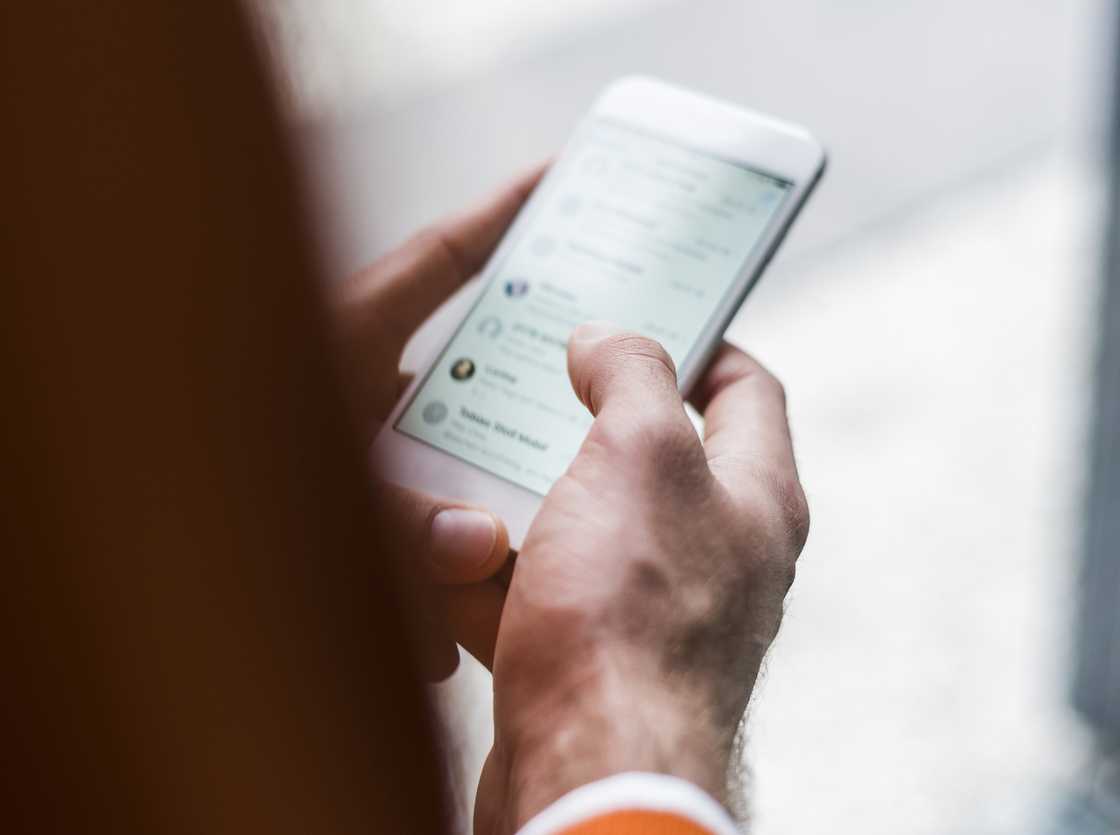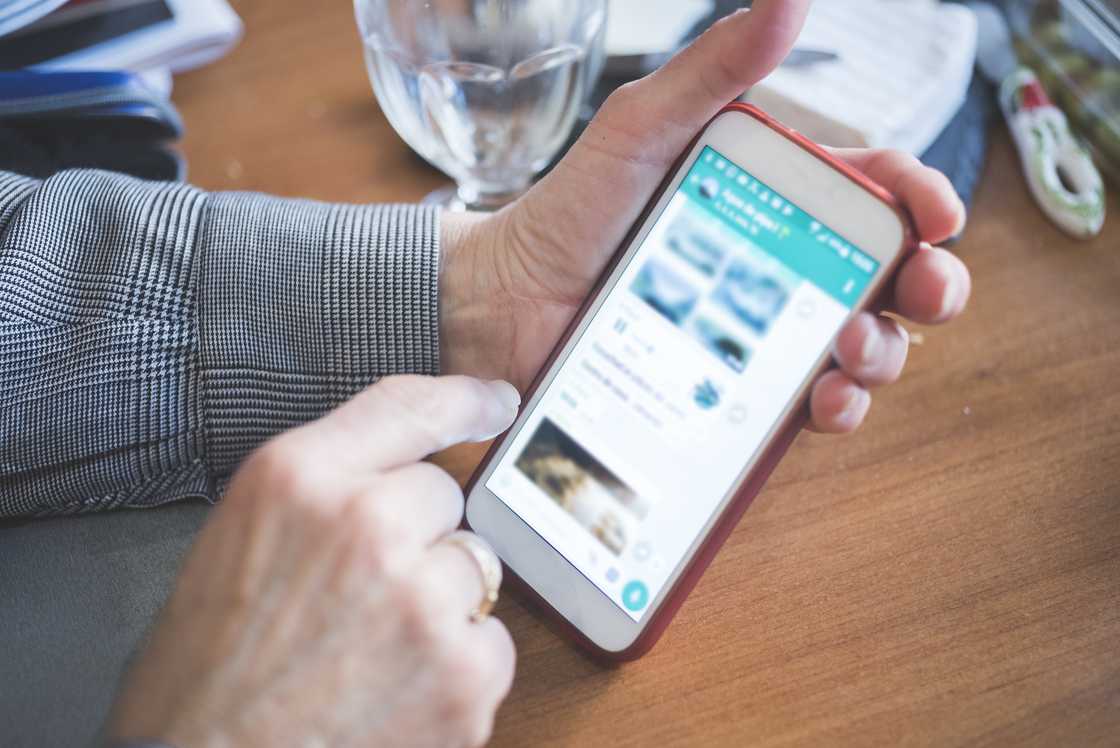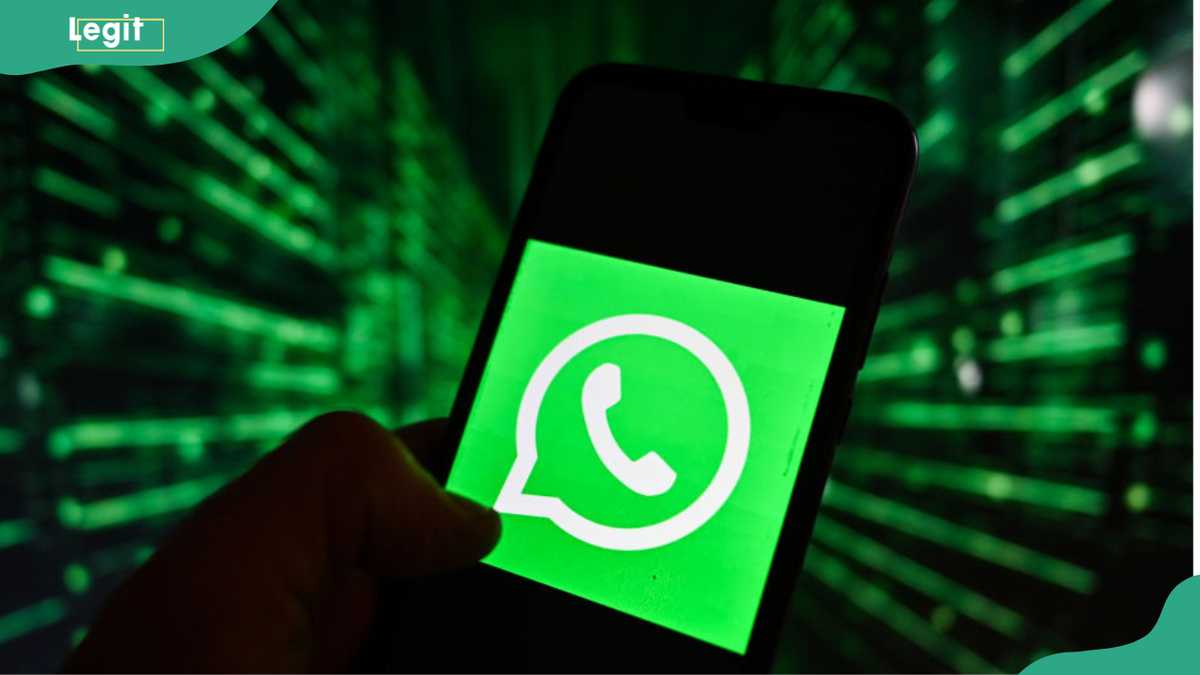In today’s digital age, staying connected with friends, family, and colleagues often means relying on messaging apps like WhatsApp. But with cyber threats constantly evolving and privacy concerns rising, you might be wondering if WhatsApp is safe and secure to use. This guide highlights WhatsApp’s key security features and tips to safeguard your information.
WhatsApp is generally considered safe due to its end-to-end encryption. Photo: Omar Marques (modified by author)
Source: Getty Images
TABLE OF CONTENTS
Key takeaways
WhatsApp is one of the safest and most secure apps to use.WhatsApp allows users to control who sees their last seen, profile photo, and status updates.WhatsApp uses end-to-end encryption features to keep data safe while it is transferred from sender to recipient.
Is WhatsApp safe and secure to use?
WhatsApp’s safety and security have been the subject of ongoing debate due to increasing cases of cyber threats. The app is generally considered safe due to its end-to-end encryption, which ensures that only the sender and receiver can read messages. However, its security depends on how you use it.

Read also
FBI speaks on new trick used by scammers, advises iPhone and Android users on what to do
WhatsApp’s security features
WhatsApp boasts several strong security features designed to protect your data and ensure private communication. They include:
 WhatsApp has many security features including two-step verification and privacy settings. Photo: Hocus-focus
WhatsApp has many security features including two-step verification and privacy settings. Photo: Hocus-focus
Source: Getty ImagesEnd-to-end encryption
WhatsApp uses end-to-end encryption for messages, calls, photos, and videos, ensuring that only the sender and recipient can access the content. Not even WhatsApp can read them.
Privacy settings
WhatsApp lets you control who can see your WhatsApp status, profile picture and last-seen information.
Two-step verification
WhatsApp offers two-step verification, which requires a PIN when registering your phone number with WhatsApp again, making it harder for unauthorised access.
Disappearing messages
WhatsApp has a feature that deletes any messages you receive or send as soon as you read or write them. In such a way, nobody can snoop on your private conversations.
 Steps for setting disappearing messages. Photo: whatsapp.com
Steps for setting disappearing messages. Photo: whatsapp.com
Source: UGCDefault privacy
WhatsApp ensures that no one can search for your phone number or read your messages. Additionally, your chats are end-to-end encrypted, preventing third parties from accessing them.

Read also
Is Reddit safe to use for kids and adults? Appropriate precautions to take for safety
Automatic security codes
This WhatsApp feature helps users verify if their chats are truly end-to-end encrypted without extra effort. It helps ensure you are chatting with the intended recipient.
Screen lock
WhatsApp’s screen lock feature adds an extra layer of security by requiring authentication such as a PIN, fingerprint, or facial recognition before accessing the app.
Secure by design
WhatsApp has created a messaging and calling experience with world-class security, innovative tools for user control, and reliable support for user safety.
Automatic spam detection
WhatsApp removes most spam and scam accounts before they can even reach you or before anyone reports them.
Proactive security alerts
WhatsApp prompts you to verify your identity if they detect suspicious or unauthorised attempts to take over your account.
WhatsApp security issues
While the platform employs end-to-end encryption for messages, ensuring that only intended recipients can read them, concerns remain about its data collection and sharing practices. Below are some WhatsApp security and privacy issues that users should be aware of.

Read also
How to restrict someone from viewing your status on WhatsApp for Android and iPhone
 WhatsApp also comes with risks, including Phishing Scams and Malware exploits. Photo: DoubleAnti
WhatsApp also comes with risks, including Phishing Scams and Malware exploits. Photo: DoubleAnti
Source: Getty ImagesData privacy
While messages are encrypted, WhatsApp collects metadata, such as contacts, device information, and usage patterns and shares some data with its parent company, Meta. This has raised privacy concerns.
Phishing scams
Users can receive suspicious messages or malicious links from unknown senders, which could lead to phishing scams. Phishing scams can trick users into giving away personal or financial information or spreading misinformation.
Malware exploits
Mobile device malware can take advantage of your phone without your permission and use your WhatsApp to send unwanted messages.
Social engineering attacks
Hackers may use social engineering tactics to trick users into revealing sensitive information, such as their WhatsApp verification code.
Tips to stay safe while using WhatsApp
Below are some best practices to protect your privacy and security when using WhatsApp.
 WhatsApp offers strong security features, but staying safe requires proactive steps. Photo: Westend61
WhatsApp offers strong security features, but staying safe requires proactive steps. Photo: Westend61
Source: Getty ImagesRegular updates. To ensure you have the latest security features, always get the latest version of WhatsApp on your device.Enable two-step verification. Enable two-step verification in WhatsApp settings by creating a secret PIN, Never share it with anyone to prevent someone from stealing or monitoring your WhatsApp account.Use strong passwords: Ensure your account password is complex and unique with no recognisable words, combining letters, numbers, and symbols.Enable end-to-end encryption: Ensure that end-to-end encryption is turned on for all conversations.Always use the official WhatsApp: Using fake versions of WhatsApp poses serious privacy and security risks to your account and data.Learn to spot scams: Learn about common scams and how to protect yourself and your loved ones.Block unwanted contact: If someone you don’t want to chat with is messaging you, block them and WhatsApp will make sure you no longer receive their messages or calls.Be cautious with links: Do not click on suspicious links or attachments from unknown sources. Keep your groups safe: Control who can add you to groups and who can join your groups, and remove members or messages when needed.
Read also
Henzodaily.ng Award-winning Journalist, Rahaman Abiola shares 5 tips for creating quality news
Is WhatsApp safe from hackers?
WhatsApp has strong security features, including end-to-end encryption, which means only the sender and receiver can read messages. However, hackers can still trick users with phishing scams, fake links, or malware. To stay safe, never click on unknown links or share your details with strangers.
Is WhatsApp safe to send private pictures?
WhatsApp uses end-to-end encryption, so only you and the person you send pictures to can see them.

Is WhatsApp safe for phone calls?
WhatsApp calls are encrypted, making them secure. However, call quality depends on your internet connection, and scammers can still call you through WhatsApp. Always be cautious of unknown WhatsApp numbers.
Is WhatsApp safe from the government?
WhatsApp does not share the content of your messages with governments because of its encryption. However, authorities may request metadata (like who you contacted and when) from WhatsApp’s parent company, Meta. In some countries, governments may monitor WhatsApp users.

Read also
How can people with hearing problems benefit from the use of text messages?
Is WhatsApp safe for kids?
WhatsApp is not designed for kids under 13. There are no strict parental controls, and kids may be exposed to strangers, scams, or inappropriate content.
Is WhatsApp free?
WhatsApp is free to download and use. However, you need an internet connection to send messages and make calls.
WhatsApp is generally safe and secure to use because it uses end-to-end encryption and offers a strong set of security features that make it a reliable choice for private communication. However, you should still be careful of scams, hackers, and privacy risks.
DISCLAIMER: This article is not sponsored by any third party. It is intended for general informational purposes only and does not address individual circumstances. It is not a substitute for professional advice or help and should not be relied on to make decisions of any kind. Any action you take upon the information presented in this article is strictly at your own risk and responsibility!

Read also
Does Instagram notify when you screenshot a story, post, or DM?
Henzodaily.ng recently published an article about how to disconnect Facebook from Instagram. Cross-sharing or linking Meta accounts helps reduce the time spent creating and publishing content while increasing a creator’s audience reach.
Despite its benefits, cross-sharing across social media accounts can be repetitive and boring. Read the guide to learn how to delink your Instagram and Facebook accounts.
Source: Henzodaily.ng
